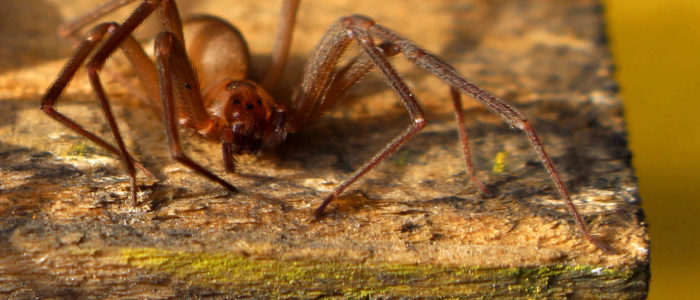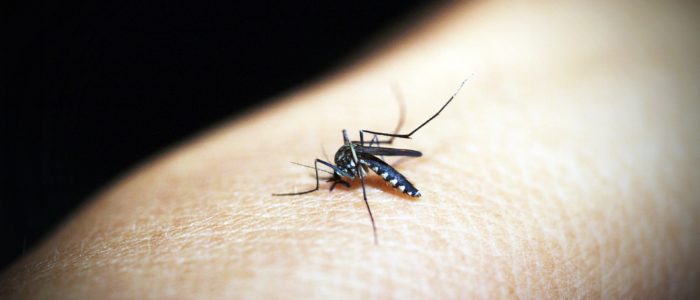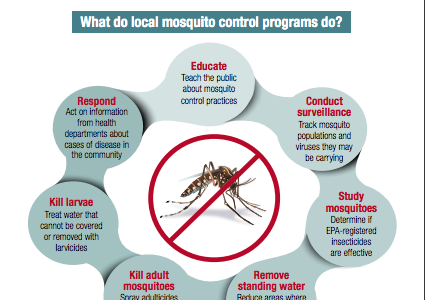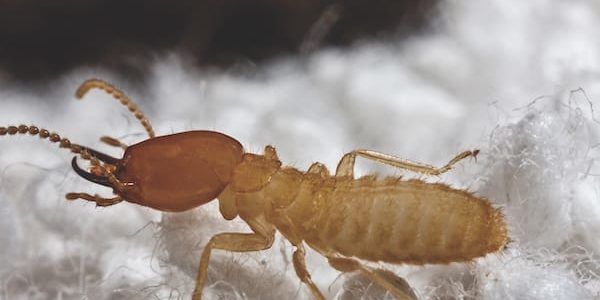Here at Gregory Pest Solutions, we strive to make sure you and your family live in an environment safe from harmful pests. We also think it’s important to educate our customers on different types of pests found throughout our service area so they know exactly what they’re up against when they call … Read more about Brown Recluse – Poisonous Spiders In South Carolina
Discovery of West Nile Virus Prompts Emergency Mosquito Treatment
West Nile Virus has become a very real issue in South Carolina. Under the state term contract, we have already responded to needs for emergency mosquito treatment in Anderson County, Union County and Rock Hill, but the virus has affected yet another person in Spartanburg. Our course of action was … Read more about Discovery of West Nile Virus Prompts Emergency Mosquito Treatment
Floodwaters Prompt Emergency Mosquito Treatment Across South Carolina
With floodwaters brought on by Hurricane Florence still being a concern in the Carolinas, an increase in mosquito populations has been a major concern for residents. The establishment of new sources of standing water allows for dormant eggs to hatch as well as create new breeding areas for … Read more about Floodwaters Prompt Emergency Mosquito Treatment Across South Carolina
Identify Three Types of Termites in South Carolina
Termites in South Carolina are some of the most destructive pests in the Southern United States. They burrow into the wood of homes and businesses, often unnoticed. Different types of termites behave in different ways, but all are capable of wreaking damage to your property. To help you identify … Read more about Identify Three Types of Termites in South Carolina
Three Keys to a Smarter Food Safety Program
Food safety is a hot topic with outbreaks involving E.coli, Salmonella and other food-borne illnesses breaking news in the US in recent years. It is critical for food establishments to keep food safety at the top of their list because it keeps their customers safe . The key to a Smarter Food Safety … Read more about Three Keys to a Smarter Food Safety Program





